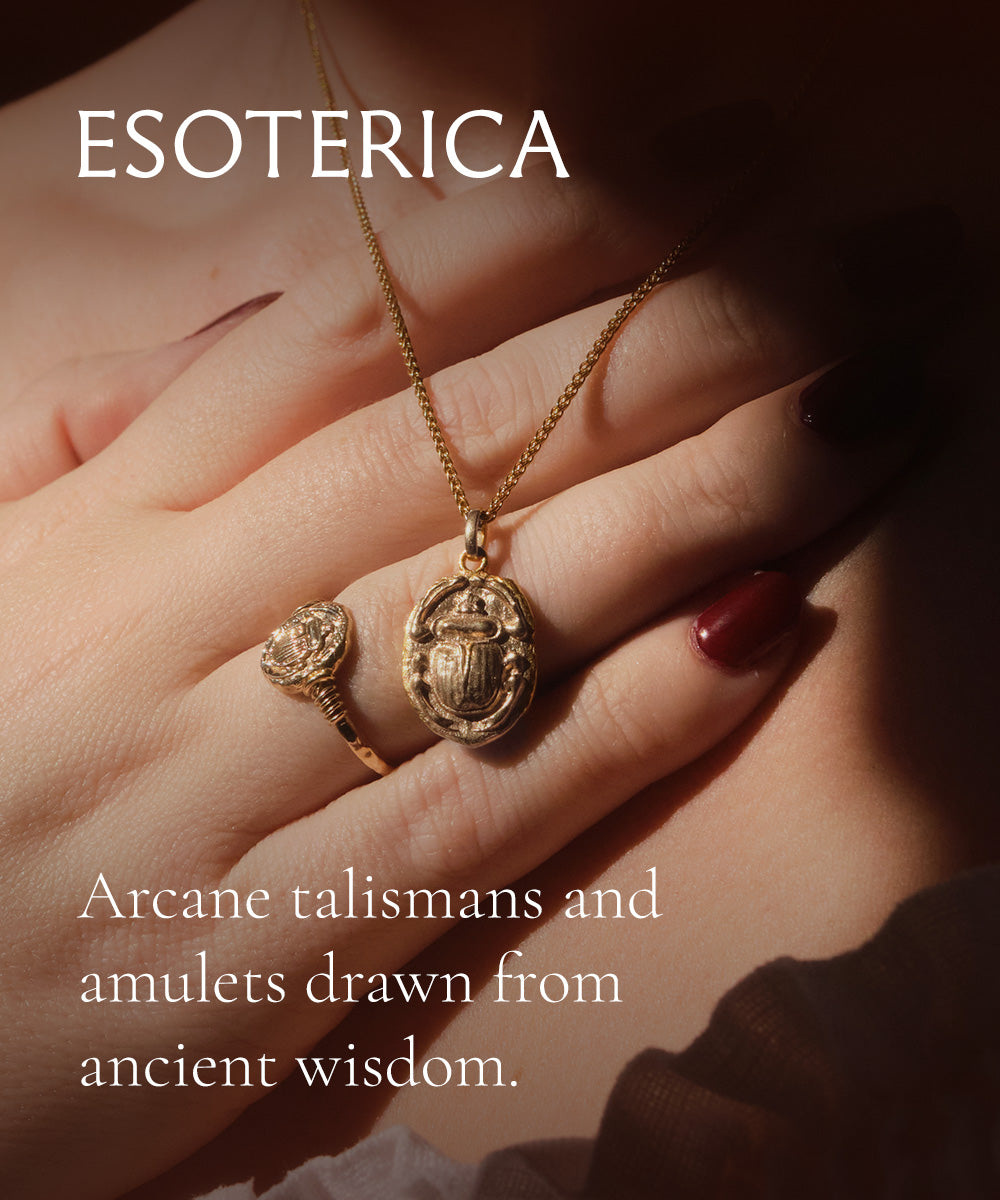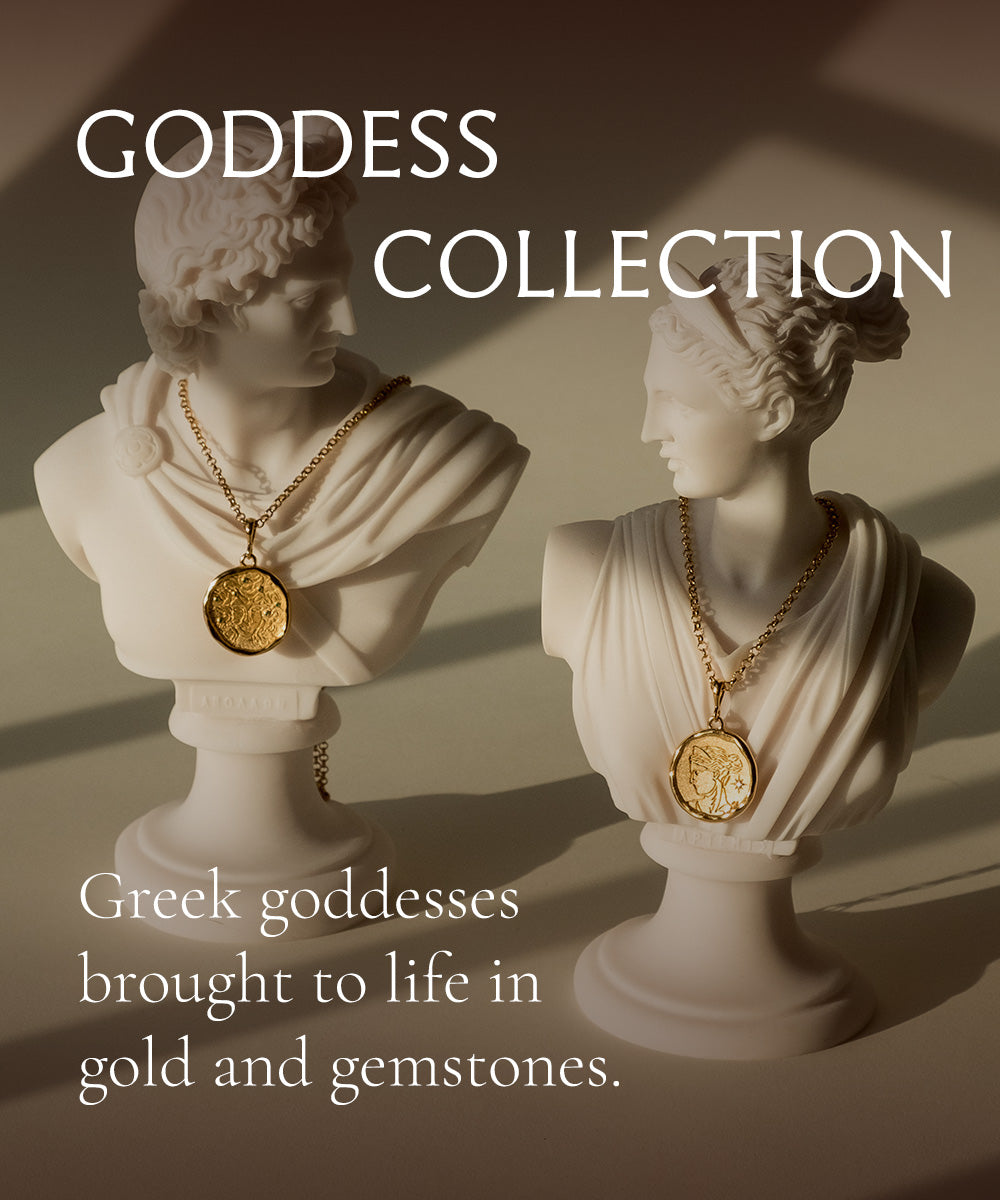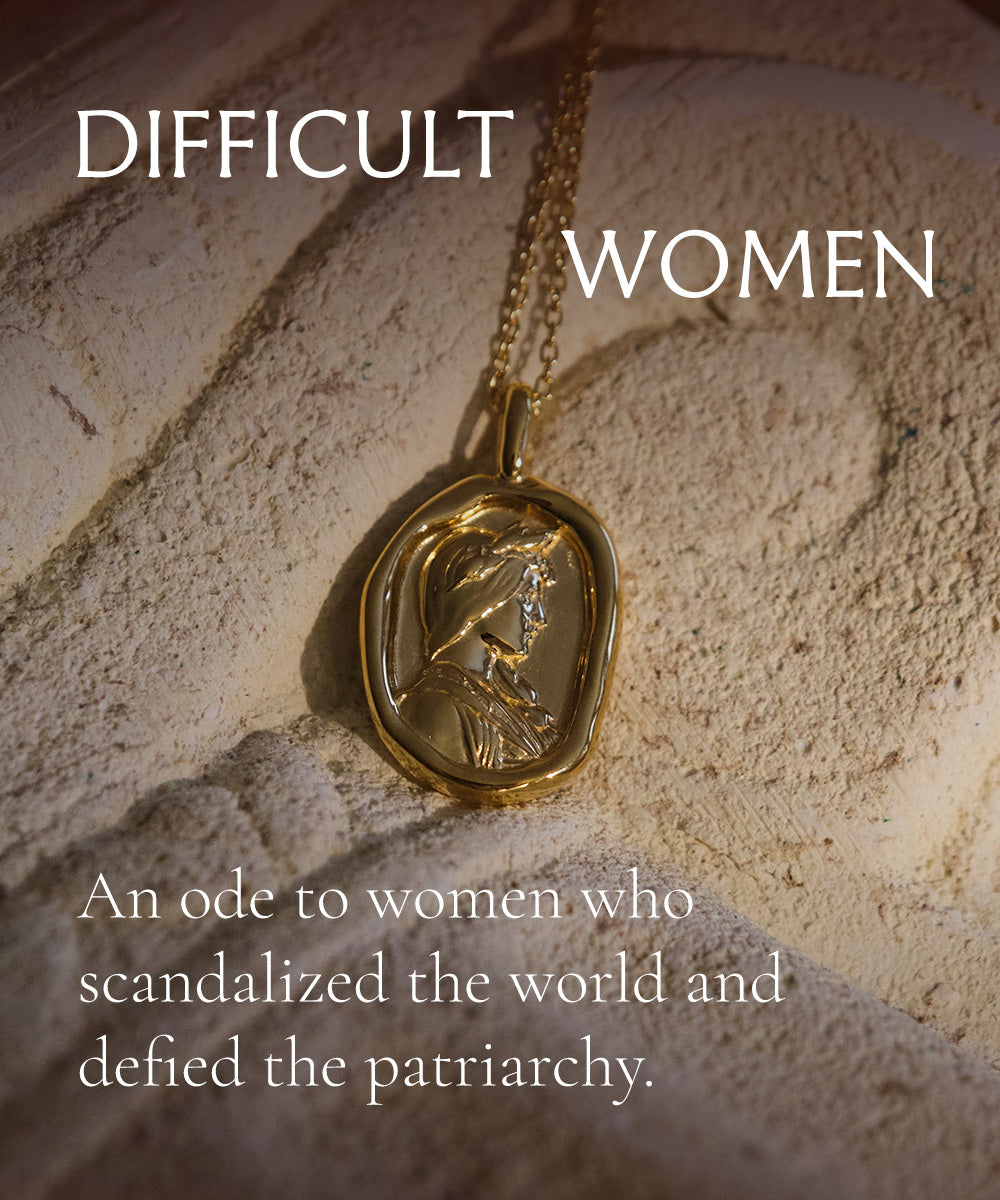The Trojan war was a decade-long siege, in which the Greeks surrounded the walls of Troy, intending to bring the beautiful, rich Mediterranean city to its knees. But the catalyst of the war had little and less to do with Greeks or Trojans, or even that symbolic figure, Helen of Troy. To understand, we look back further, to a wedding, and a cursed fruit.
The lore tells of a celebration on Olympus for the union of the sea nymph Thetis and Peleus, king of Phthia, who would soon become the parents of the legendary warrior Achilles. Everyone was invited to observe their nuptials.
Or so they thought.
Eris, the goddess of discord, never received her invitation. Stricken by the perceived insult, and being the chaotic force she was, the plan she hatched led to a series of events that became one of the oldest and most widely read epic poems of all time: Homer’s Iliad, the events of the Trojan War.
The affronted goddess plucked a single, golden apple from a sacred tree in the garden of the Hesperides, the evening nymphs of the west. On this precious fruit, Eris wrote “for the most beautiful,” and tossed this single, terrible token into the wedding from which she felt snubbed.
The apple rolled out onto the floor, and as each eye turned to land upon it, all of the shouts of joy, singing, and laughter died.
Aphrodite, the goddess of love and beauty, assumed the gift was meant for her, and stood to collect the golden apple. Hera was insulted at Aphrodite’s assumption. As queen of all the gods, surely Hera should be considered the most beautiful. Athena added her voice, arguing that her beauty and vigor surpassed all others. Reaching a point where none would back down, the three proud goddesses turned to Zeus, king of gods, for his judgement.
In a rare moment of clarity, Zeus decided it would be a terrible idea to make such a judgement, because he would surely bring down the wroth of whomever he did not choose. This insight did not last long, however; instead of coming up with a diplomatic solution, he told the three goddesses to find the Trojan prince Paris, who would make the decision in his stead.
Poor Paris was forced to choose between the three goddesses, and to make the situation harder (and arguably less honest), each goddess offered a reward if he chose her as fairest of them all.
Hera offered Paris unrivaled power and kingship over all men. Athena offered innumerable victories in war. Aphrodite, who understood Paris’s heart, offered him marriage to the most beautiful human woman alive: Helen of Troy, who was in fact already married to a Greek king, Menelaus of Sparta.
Romantic to a fault, Paris chose Helen, but of course, this solved nothing. Hera and Athena, two of the most powerful goddesses, were deeply offended. The prince carried off his bride, to the great insult of the Greeks, who would not stand for a Trojan prince stealing the most beautiful woman in the world from a Greek king. So Menelaus and his brother, king Agamemnon of Argos, and all other Greek kings and lords who had ever pursued Helen, declared war on Troy.
It was said far and wide that Helen’s intoxicating beauty, the thing that sparked desire in Paris, in Menelaus, in all of Helen’s past suitors, was the catalyst that started the Trojan War.
Behind the besieged walls of Troy, Helen tore her hair and cursed her beauty. Men would blame her for the war today, and the day after, and for centuries to come. But is beauty really so terrible, so destructive, that it could be the catalyst of a long, bloody war, metaphorically or otherwise? And even if it is, why is Helen responsible for the choices made by all the men around her?
Women are often unjustly made responsible for the thoughts and subsequent actions of men. For example, in the United States, many people are familiar with school dress codes that are discriminatory against female students. School aged girls are told to cover their bodies in order to not distract school aged boys, who do not have the same rules applied to them.
Forcing girls to cover up in order to keep boys’ thoughts pure purposefully teaches girls from an early age that they are responsible for the thoughts and actions of men, and that their beauty and bodies make men unable to control themselves. This is particularly heinous because when women are made victims. The backwards logic is used to victim blame, because if women are responsible for actions committed by men, supposedly, then they must be responsible for bringing those negative actions upon themselves.
I would argue that men are not animals. I have known men to be intelligent, empathetic, and kind, certainly able to control themselves, and able to understand that they should never hurt other people. But time and time again, women are told that they will always be at fault, that men simply cannot control themselves, that the way women look causes men to act vulgar or violent. It is insulting to men, who are capable human beings, and incredibly damaging to women, who are scrutinized and not believed or taken seriously when they need support the most.
They will say Helen’s beauty caused the Trojan war. They will call her “the face that launched a thousand ships.” But let us drop the veil of misogyny. A woman’s face, just by being beautiful, does not launch ships. The desire that a man has for a beautiful woman does not launch ships either. Neither Helen nor her beauty incited war. Indignant men, insulted by Trojans, with a thirst for conquering rich kingdoms, used Helen as an excuse to spill blood.
They will say King Menelaus only wanted to win his wife back, never mind that she did not ask; they will not mention that Troy was a shining jewel across the Aegean Sea, that, if conquered, would greatly enrich all of Greece, and that Menelaus only needed the flimsiest of excuses to set his warships sail.
In fact, Helen never had much agency at all. Aphrodite offered Helen’s love to Paris, without asking Helen how she felt about being used as a bargaining chip. Paris chose Helen and stole her away from her husband, a choice in which she holds no blame.* Menelaus and the other Greek kings incited the war, citing the need to rescue Helen, who did not ask for bloodshed in her name.
Every decision about Helen’s fate was made by someone who was not Helen, and she, tossed around like an object, shouldered the blame even still, internalizing it, believing beauty to be her curse. And how could she not? How could any woman not blame herself, when she is told so often that men’s feelings are her responsibility, and their actions, her fault? But why, why, why is it that women take on this responsibility, when men are allowed to do as they please, and to blame women for their misdeeds when all is said and done?
Men will go to great lengths to place the blame for their thoughts and subsequent actions on women, even when the system that allows this is made, set and enforced by men themselves. It is purposeful and planned: a feature, not a bug.
They would have you believe that beauty is a curse that, if you’re not careful and submissive, could bring about a fate as terrible as a decade of war. Do not buy what they’re selling. Men are capable and fully in control of themselves, and women are responsible for neither the thoughts nor actions of men. We never have been.
*See Gorgias’ Encomium of Helen.









